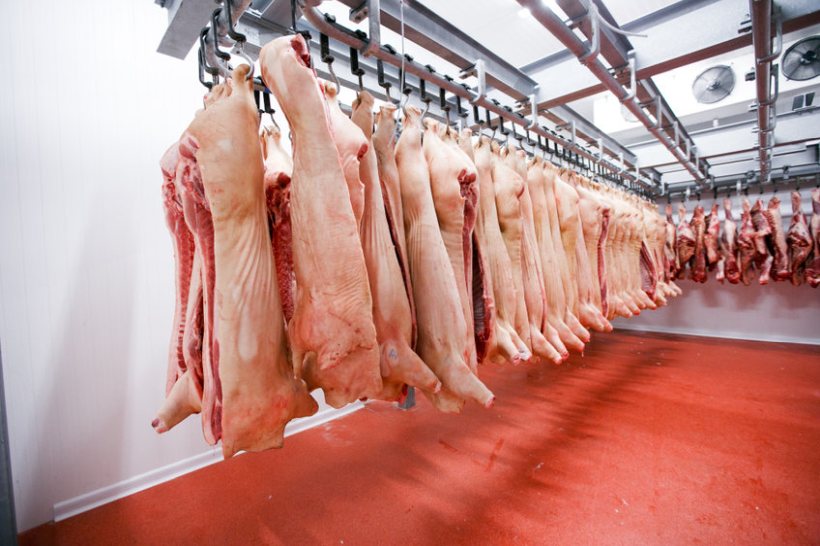
Pig producers have welcomed news that Defra will roll out faster tests for the detection of bovine TB for pigs, in turn reducing the length of time herds are held under restriction due to suspect cases.
The faster polymerase chain reaction (PCR) test, which has been recently validated, will be used in certain circumstances from 30 March for tissue samples taken from carcases.
The main benefit of the change for the pig sector is that it will speed up the currently long process of freeing pig herds suspected of bTB outbreaks from restriction.
It will typically take within three weeks to get a PCR test result, compared with six to 22 weeks to obtain a final result from traditional microbiological culture, the current ‘gold standard’ method used.
Defra said: “The PCR test will reduce the time taken by the APHA laboratory to confirm whether M. bovis is present in tissue samples taken from carcases at post-mortem inspection.
“This means that in certain situations (ie slaughterhouse cases), if the PCR test results are negative, and check testing has been completed where required, APHA will be able to lift herd movement restrictions sooner than the existing protocols using microbiological culture, which typically take 6-22 weeks.
“If the PCR test results are positive, APHA will be able to inform the keeper and their private vet quickly, so that further action can be taken as soon as possible to control TB in the affected herd.
The National Pig Association (NPA) said the announcement by Defra was 'good news' for pig producers, and something which it had been calling for for some time.
NPA chief executive Zoe Davies said: “There have been too many examples of pig herds that have been kept under restriction for much longer than is necessary or proportionate due to the length of testing process.
"This will ease the burden for those unfortunate enough to have a suspect identified at slaughter. Cases have been rising in recent months causing a lot of pain on farms already bursting at the seams.
"We put a lot of pressure on Defra to resolve the situation and highlighted the additional impact that restrictions were causing on top of the current pig industry crisis.
"In recognition of this, Defra have agreed that the focus will be on slaughterhouse samples and non-bovines in the first instance.”
